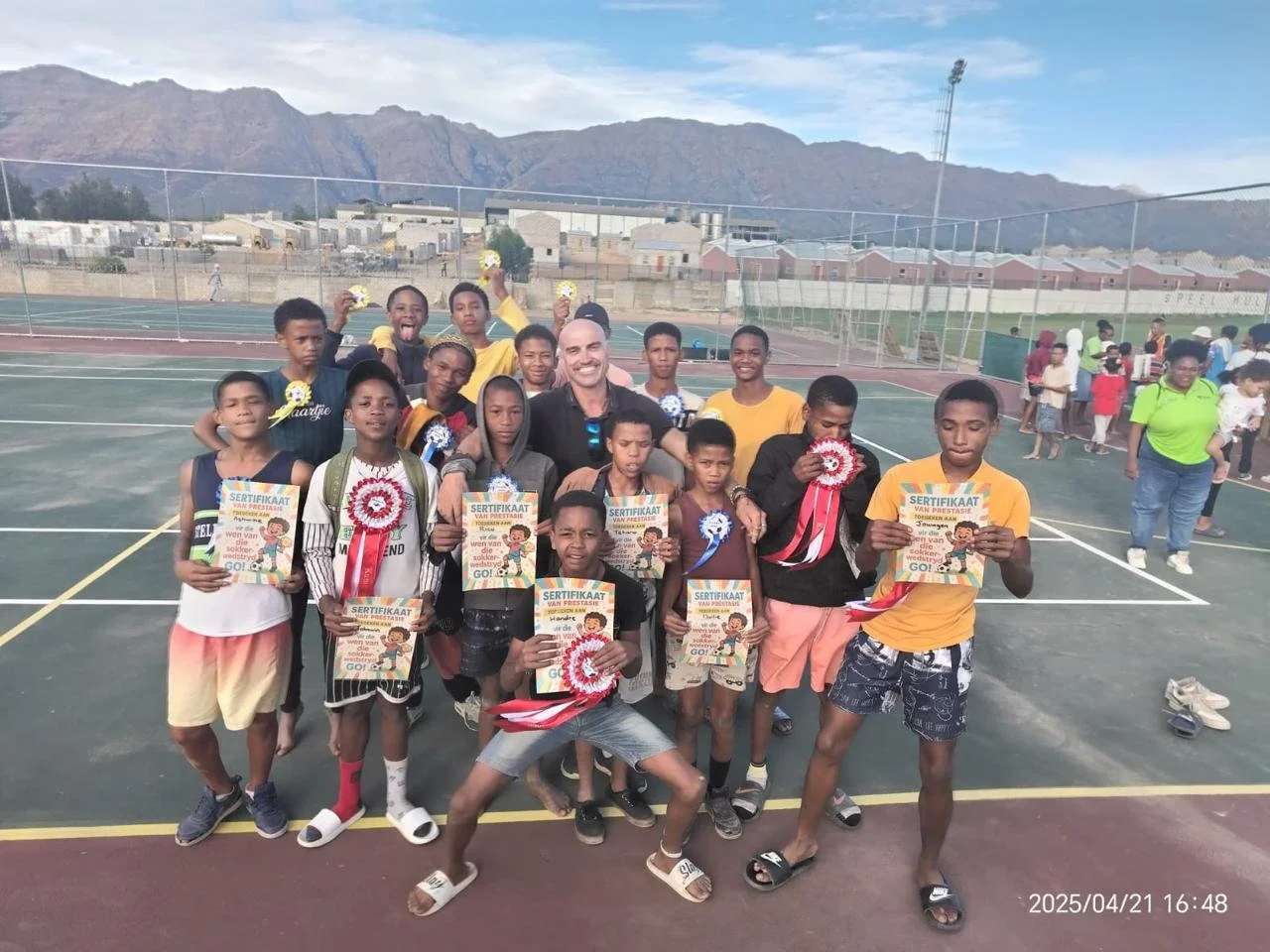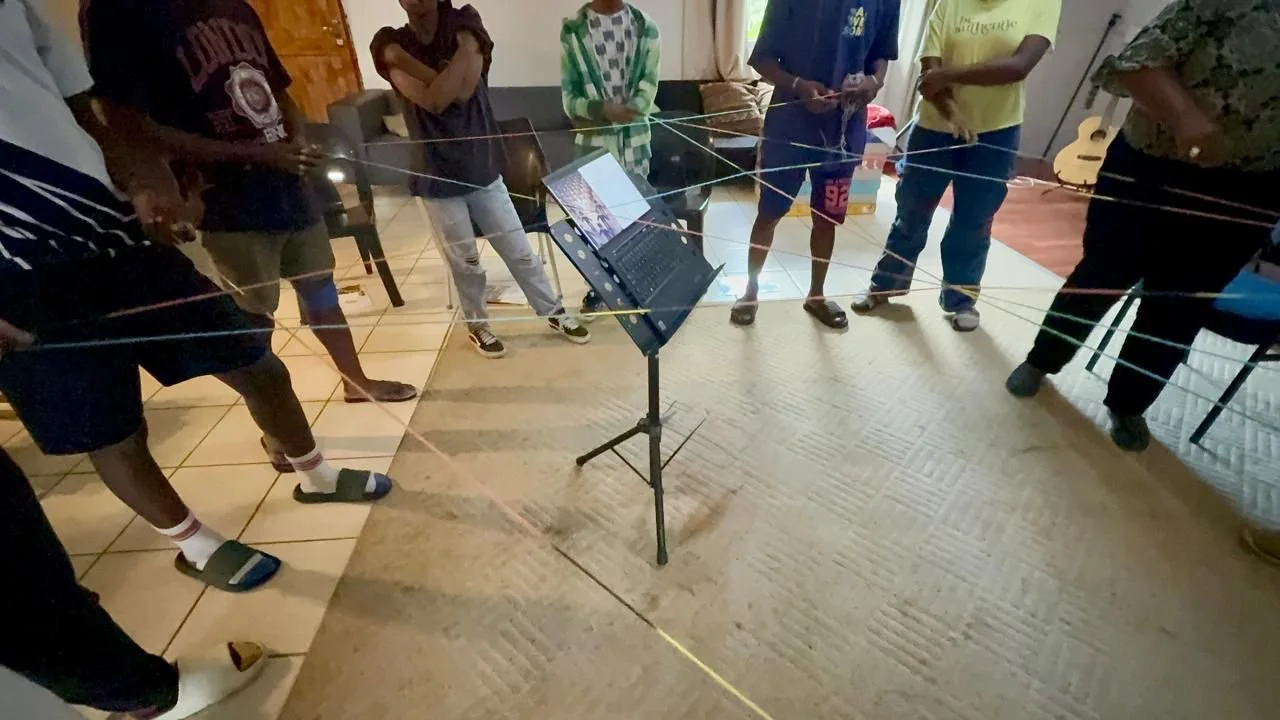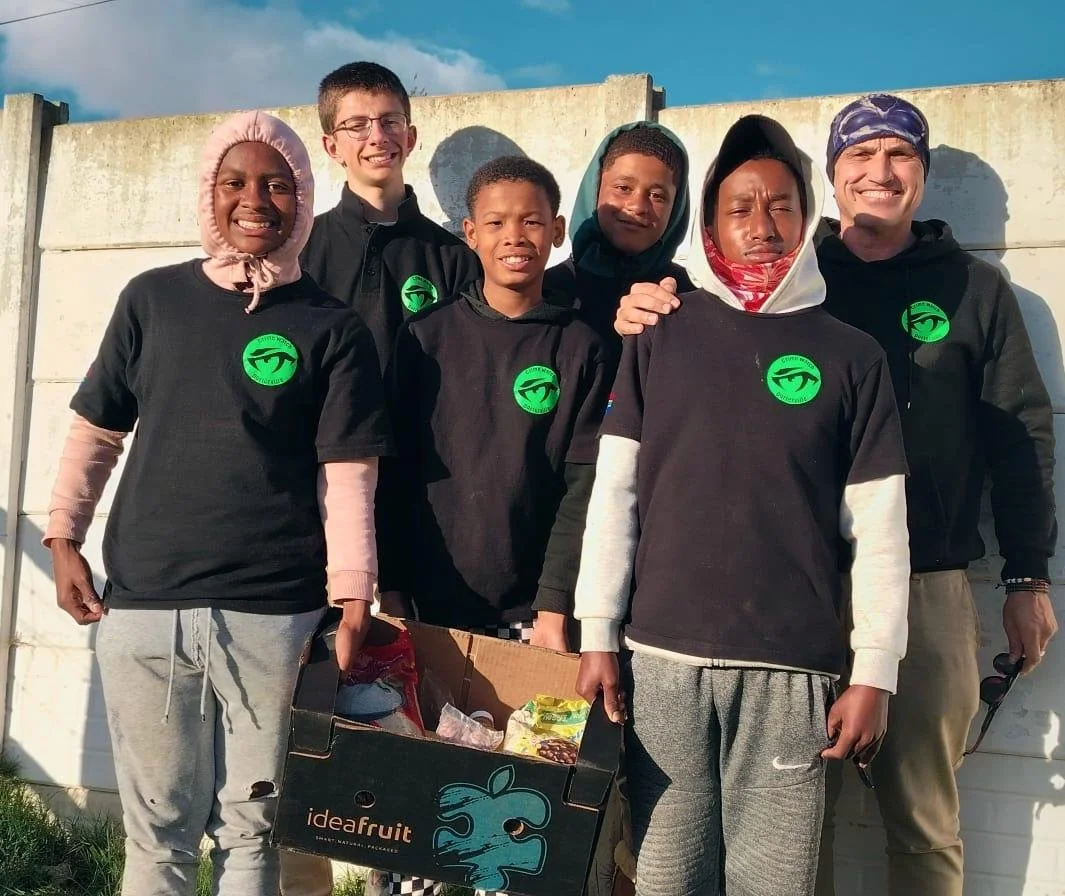CivSource South Africa is embarking on impacting the instructional core of teaching the next generation of African philanthropists by embarking on the Philanthropy Lab with WePower six-modules of training and mentoring through a ThinkSpace community project.
The overall alims are to:
I. Improving the level of contextual learning on the value and practice of philanthropy
II. Improving the level and skill of instruction and knowledge provided to improve student engagement and understanding, resulting in improved performance outside the classroom.
III. The core principles to be instilled as life-style practice taught as instructional pedagogy in class through engaged learning.
IV. Predict performance through observed learning as students put into practice and implement their learning.
V. Accountability through task implementation.
VI. Learning by doing
VII. Documenting this process: describing task; analysing process; analysis of prediction; evaluation.
WePower has six modules:
I. Power Within: every giver is unique. Every giver has their own talents and gifts. Every giver has their own story. Giving that is impactful begins with self-awareness and harnessing power within. This module helps young givers know, identify, and name their power within. It helps build their confidence and self-esteem as change makers.
II. Power To: every giver has a cause (or several causes). This module helps young givers explore the change they would like to see in the world and helps them articulate this change. How does one identify a cause? How does one define a vision of change? How does one see the systems that cause unequally to uproot them through giving?
III. Power With: this module is about seeing and seizing opportunities for change through harnessing the power of the collective. Change happens in, with and through communities and their resources. How can young givers see and harness the vast resources in their communities (time, treasure, and talent)? How does one galvanize community in the process of giving? How does one network with other givers? What makes networking important?
IV. Power Over: Addressing the dark side of giving. A lot of giving happens in ways that disempower people. Young givers need to change this through understanding how to avoid giving as a way of lording it over people. This module looks at how power over is toxic and we help young givers to be aware of new, more empowering ways to give, that is, Giving the recognizes the dignity in every human being, and ensuring that dignity (and not toxic power) is at the heart of giving.
V. Power Of: this module enables young givers to explore the various ‘containers’ of giving, e.g., trusts, foundations, endowments, nonprofit entities, community foundations. The module exposes young givers to the various means through which they can advance their giving, so that they can think about the container that best suits their giving.
VI. Power Of (II) - this is about the power of communication in changing lives. This module supports young givers to explore ways in which they can contribute to a new and empowering narrative about Africa, through stories of change powered by giving.
Structure of program:
The Philanthropy Lab will take them through three months of instructed learning with in-class sessions one hour a week for six weeks. This will be followed with a hands-on experience with the WePower team, meeting in groups one hour a month as online sessions.
A business case will then be developed by students in the ThinkSpace, for a project that identified to bring about the change they would like to see of the need identified. Presentation, pitching, negotiation, reporting and accountability skills will be built.
The Philanthropy Lab is expected to run for three years to measure and document impact stories of change, with each cohort being passed out with certification of completion, at the end of each year.
Each cohort will in turn will then be expected to support the cohort following on from them to work with as peer mentors to achieve the following:
OBJECTIVES:
The Long-term objectives: To refine the practice and footprint of philanthropy in Africa by creating:
1. Linkages between Local philanthropy in South Africa and the development of Generation Next.
2. A shared understanding of the role philanthropy plays in seeding ethical values in Leaders.
3. To seed African Generation Next leaders with skills to directly impact their communities through Philanthropic projects.
4. Impact stories documented over a three-year period to be shared in various formats and through various platforms, to create a living history of African philanthropy. One of the ways the stories will be shared is through a yearly report on the experience of both Mentor and Mentors and those impacted.
The immediate outcomes anticipated are:
i. The mentoring and coaching of ten students per cohort.
ii. Ten- Student profiles will be created per cohort and a documented report of visual records through photographs and written first-hand account by each student.
iii. Building a network of mentors and coaches, resulting in a sustained movement of leaders impacting their generation with refined practice and thinking of African philanthropy.





